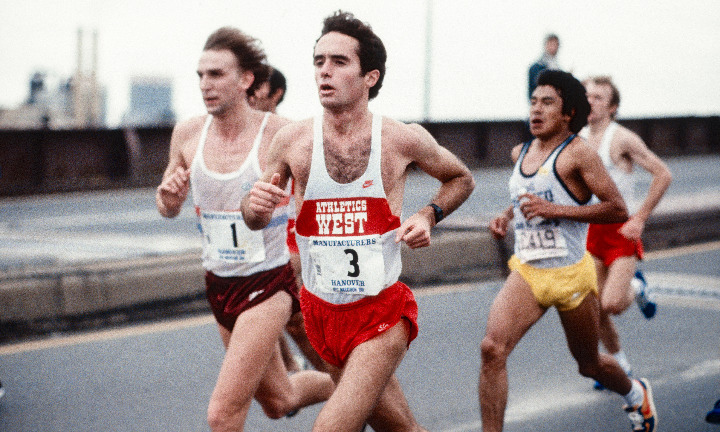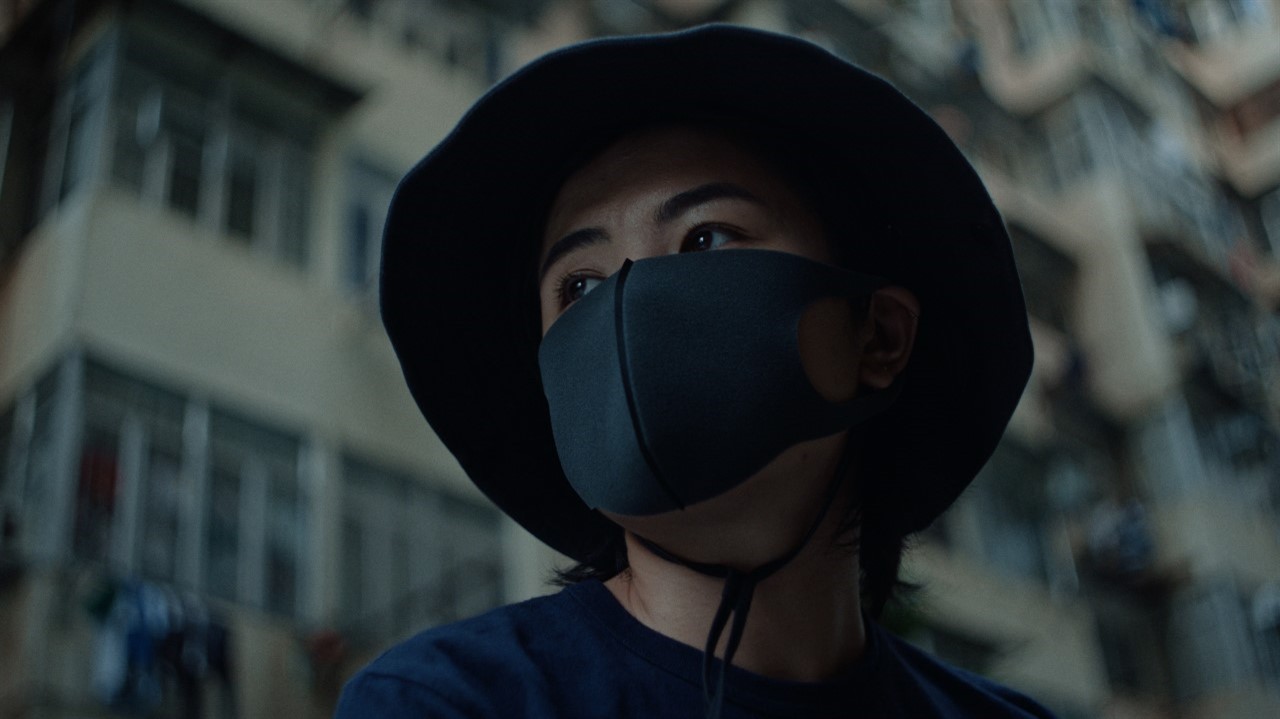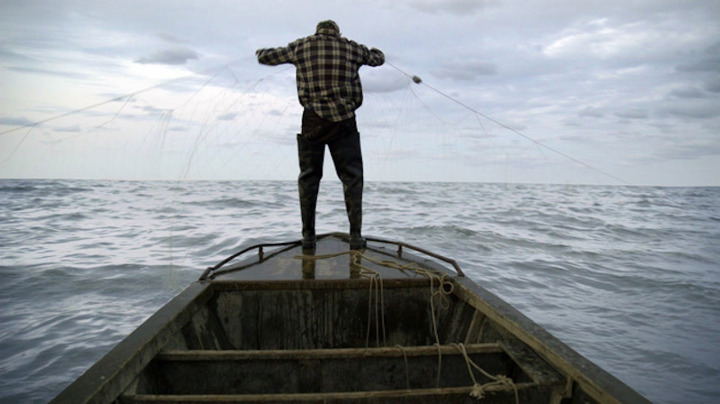At what point does flexing the rules bend towards cheating? This question motivates the energetic sports doping doc Nike’s Big Bet. Directed by Paul Kemp, the doc should prove especially engaging for fans of the Oscar-winning Icarus, about the Olympics doping scandal, as well as viewers keen to navigate the complicated grey areas of sponsorship, branding, and ethics. The film examines the case of Alberto Salazar, a runner turned star trainer who shepherded many runners to Olympic glory until he received a four-year doping ban in 2019. This news shocked the sports world and ended Nike’s famed Oregon Project that bolstered athletes since 2001 and employed Salazar for years. Salazar’s demise may be just desserts or bitter fruit depending on who one asks. The talking heads in Nike’s Big Bet have surprisingly varied opinions about the coach’s vilification. However, everyone in the film agrees that Salazar exemplifies perfectionism taken to extremes. He’s a zany presence in Nike’s Big Bet despite declining to appear in the film.
Kemp traces back to Salazar’s days as a runner to let audiences know what they’re dealing with. The short version is that Salazar gained notoriety when he ran a marathon in the African desert and refused to imbibe a drop of water to avoid gaining weight. The film recalls how Salazar became an urban legend and cautionary tale after he pushed himself so hard that a priest was called to administer last rights after he crossed the finish line of a heated race. The talking heads in Nike’s Big Bet agree that Salazar is an obsessive perfectionist who will do anything to win. However, they note that cheating is a practice favoured by losers and is therefore out of character for Salazar. Therein lies the rub.
Using a mix of talking heads that includes author Malcolm Gladwell, sports journalist Alex Hutchinson, and several of Salazar’s athletes, Nike’s Big Bet uses the coach’s scandal to consider the nature of cheating itself. By all reports, not one of Salazar’s athletes tested positive for doping. The interviewees generally agree that Salazar was merely caught testing the limits with drugs and tricks of the trade that could give athletes an advantage without technically breaking the rules. These examples include light applications of testosterone rub and mild usage of various drugs, in addition to other fanatical measures, like underwater treadmills and recovery-boosting spas that seem like fodder for science fiction movies.
Kemp and company hold Nike accountable for much of Salazar’s unethical practices. They describe a brand that thrives on the message of pushing athletes to the limit with the slogan, “Just go with it.” However, the participants in Nike’s Big Bet wonder how any company can deny knowledge of or participation in its star coach’s malpractice, especially when the larger corporate investment in running depends on cheating to bolster its products. Studies of running shoes that make athletes light on their feet fuel an engrossing inquiry into the dynamics of power, privilege, and capital that pervert the race. As some of Salazar’s own athletes ask, at what point does a sport stop being about athletics if one must cheat, on some level, to have even a foot atop a level playing field? The film argues that professional sports culture is so out of whack that fairness no longer applies.
Nike’s Big Bet will get audiences fuelled up as it races through these questions with its propulsive tempo. This slick doc moves with an energetic beat as the Social Network-y score gets the adrenaline following. Its mix of brightly lit interviews spliced and diced with archival looks tailor-made for Netflix, but Nike’s Big Bet is actually produced in association with The Globe and Mail, which makes the participation of Hutchinson, a regular Globe contributor, and Gladwell, not a Globe contributor per se but one of the outlet’s go-to pundits, especially notable. Nike’s Big Bet is a doc about the fine line of ethics, yet it has an air of branded content. This point is not so much a criticism as an observation, as the fine line between bending and breaking is not limited to sports doping itself. Documentaries, like sports, need funders and partners, so a news media outlet like the Globe seems like an ideal ally. (As opposed to, say, Rip Curl and Corkcicle.) The film between editorial and branded content is becoming increasingly tenuous, but Nike’s Big Bet hardly crosses the line. Rather, this doc inadvertently offers a fascinating study in corporate sports on many levels.
Nike’s Big Bet screens at Hot Docs 2021.













